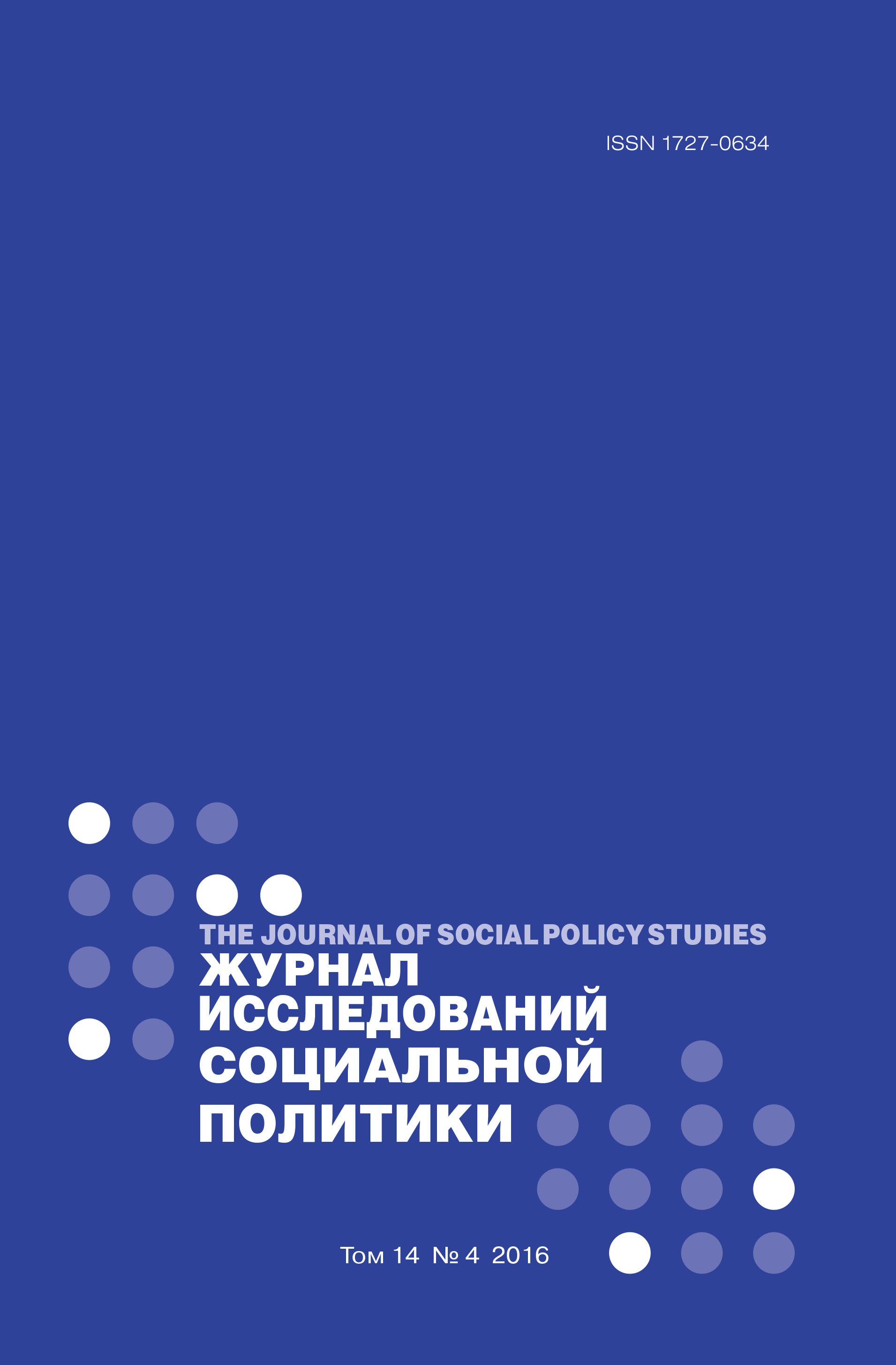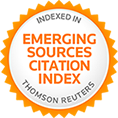Профессионализация родительства: между экспертным и обыденным знанием
Аннотация
Статья посвящена изучению профессионализации родительства как тенденции современной российской повседневной культуры. Под профессионализацией понимается процесс дискурсивного оформления родительства в виде сложной специализированной деятельности по уходу за детьми, требующей от матерей и отцов специализированных знаний (в области медицины, психологии, педагогики), приобретаемых ими в результате родительской социализации и обучения. Знание о том как «правильно» любить и заботиться о ребенке в обществах постиндустриального типа перестает быть унифицированным, разделяемым и транслируемым женщинами разных поколений. Оно усложняется и дифференцируется по форме и содержанию. Его производство и трансляция, а также контроль за применением монополизируется экспертами различных социальных институтов. В процессе профессионализации родительства участвуют различные социальные акторы: СМИ, государство, профессионалы и эксперты, занимающиеся вопросами детства. Авторы рассматривают научно-популярную литературу для родителей в качестве элемента процесса профессионализации родительства. Выбор объекта исследования обусловлен тем, что в рассматриваемых изданиях представлены экспертные системы знания, адаптированные для массового читателя. Кроме того, в них содержится критика обыденных представлений о практиках ухода за ребенком, что также указывает на информационное, идеологическое и практическое усложнение социокультурного концепта родительства. Предметом исследования выступают репрезентируемые в научно-популярной литературе способы выстраивания властных отношений между родителями и экспертами, которые конкурируют за приоритетное право определять и интерпретировать потребности ребенка. Используя метод дискурсивного анализа, авторами выделены три типа профессионализации родительства: (1) основанный на индивидуальном опыте, (2) основанный на профессиональном знании, (3) основанный на «здравом смысле».















